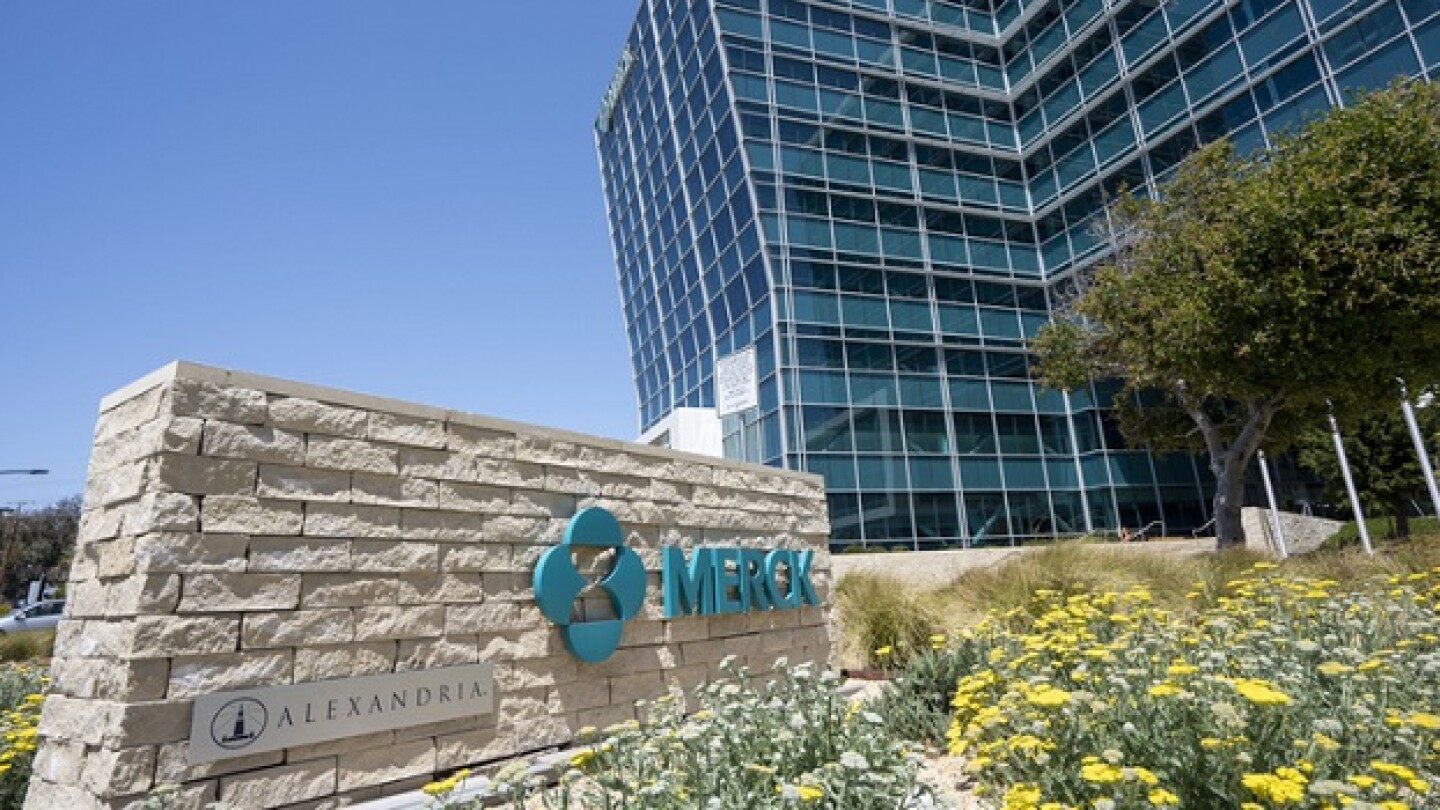Stomach cancer
Jazz’s Ziihera and BeOne’s Tevimbra plus chemotherapy led to what Truist Securities dubbed one of the strongest overall survival signals ever reported in a type of gastroesophageal cancer.
Imfinzi is the first immunotherapy approved for perioperative use to treat gastric and gastroesophageal junction cancers.
With positive data from the Phase III HERIZON-GEA-01 study, Zymeworks and Jazz Pharmaceuticals will file an approval application for Ziihera in the first half of 2026 for the treatment of gastroesophageal adenocarcinoma.
TIGIT-targeting therapies have largely disappointed in recent months, with failed studies, terminated partnerships and shuttered businesses. Here are five biopharma players staying alive with differentiated candidates against the once promising immuno-oncology target.
Imfinzi is one of AstraZeneca’s key growth drivers for 2025, with potential approvals in stomach and bladder cancers. The PD-L1 blocker brought in over $4.7 billion in sales last year.
The partners are pushing to expand Enhertu’s list of indications beyond its standing uses in breast, lung and gastric cancers.
The unsuccessful Phase III results are the latest to suggest that the blockbuster cancer drug is finally bumping up against its limits after racking up around 50 approvals since getting its first FDA nod in September 2014.
With an eye toward advancing a novel antibody-drug conjugate for gastrointestinal cancers, ArriVent is the latest biopharma player to ink a deal with a Chinese biotech.
The first major deal of JPM 2025 will give GSK a promising small molecule drug for gastrointestinal stromal tumors.
An FDA committee’s September 2024 vote to limit the use of Merck’s Keytruda and BMS’ Opdivo in stomach and esophageal cancers based on PD-L1 expression levels reflects an emerging trend that leverages ever-maturing datasets.
PRESS RELEASES










